Decorative kale plants, also known as Ornamental Kale or Brassica oleracea, are not just your regular leafy greens; they are vibrant, colorful stars that can elevate the aesthetic of any garden. As an avid gardener and a lover of unique plants, I’ve had my fair share of experiences with these stunning varieties. In this comprehensive guide, we’ll explore their beauty, versatility, care tips, and much more. So, let’s dig in!
What is Decorative Kale?
Decorative kale is a type of cabbage cultivated for its visually appealing foliage rather than its taste. These plants exhibit a stunning array of colors, including shades of purple, white, and green, and are particularly popular in fall and winter gardening.
Features and Characteristics
- Color Varieties: Ranging from deep violet to creamy white.
- Leaf Structure: Frilly, ruffled, or flat leaves that create an interesting texture.
- Growth Habit: Typically grows up to 12-18 inches in height.
Why Choose Decorative Kale for Your Garden?
There are several compelling reasons to incorporate decorative kale into your gardening scheme:
1. Seasonal Interest
Decorative kale maintains its vibrant hues throughout the cooler months, making it an excellent choice for fall and winter gardens. Unlike most plants that wither away in colder temperatures, ornamental kale thrives and adds life to your landscape.
2. Versatile Usage
These plants can complement various garden styles, from modern landscapes to traditional layouts. You can use them as border plants, centerpieces in container gardens, or as part of mixed plantings in flower beds.
3. Low Maintenance
Having grown decorative kale for several seasons, I can attest to their resilience. They require minimal care, making them perfect for busy gardeners or beginners.
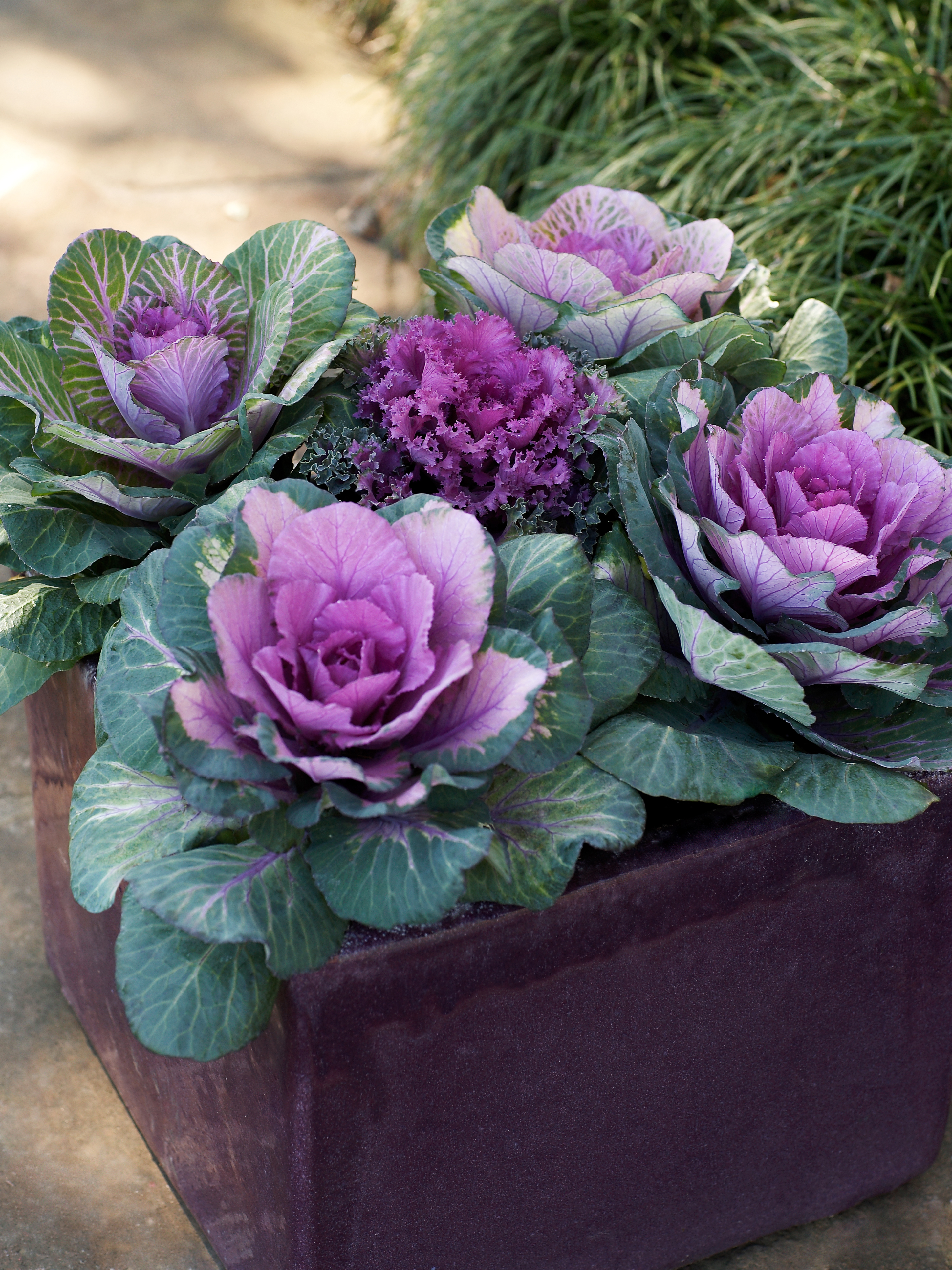
4. Edible Yet Decorative
While primarily grown for aesthetics, ornamental kale is edible. However, it’s best to consume them when small and tender, as they can become tough and bitter when mature.
Popular Varieties of Decorative Kale
There are countless varieties of decorative kale, but here are some of the most popular:
| Variety | Color | Height | Description |
|---|---|---|---|
| Winterbor | Green with white center | 12-18 inches | Frilly leaves with a vibrant white center. |
| Peacock | Purple and green | 12-15 inches | Stunning blue-green outer leaves with vivid purple centers. |
| Tokyo Red | Dark red | 12-18 inches | Deep purple-red leaves that provide striking visual interest. |
| Osaka | Pink/white | 12-18 inches | Soft ruffled leaves with a mix of pink and white shades. |
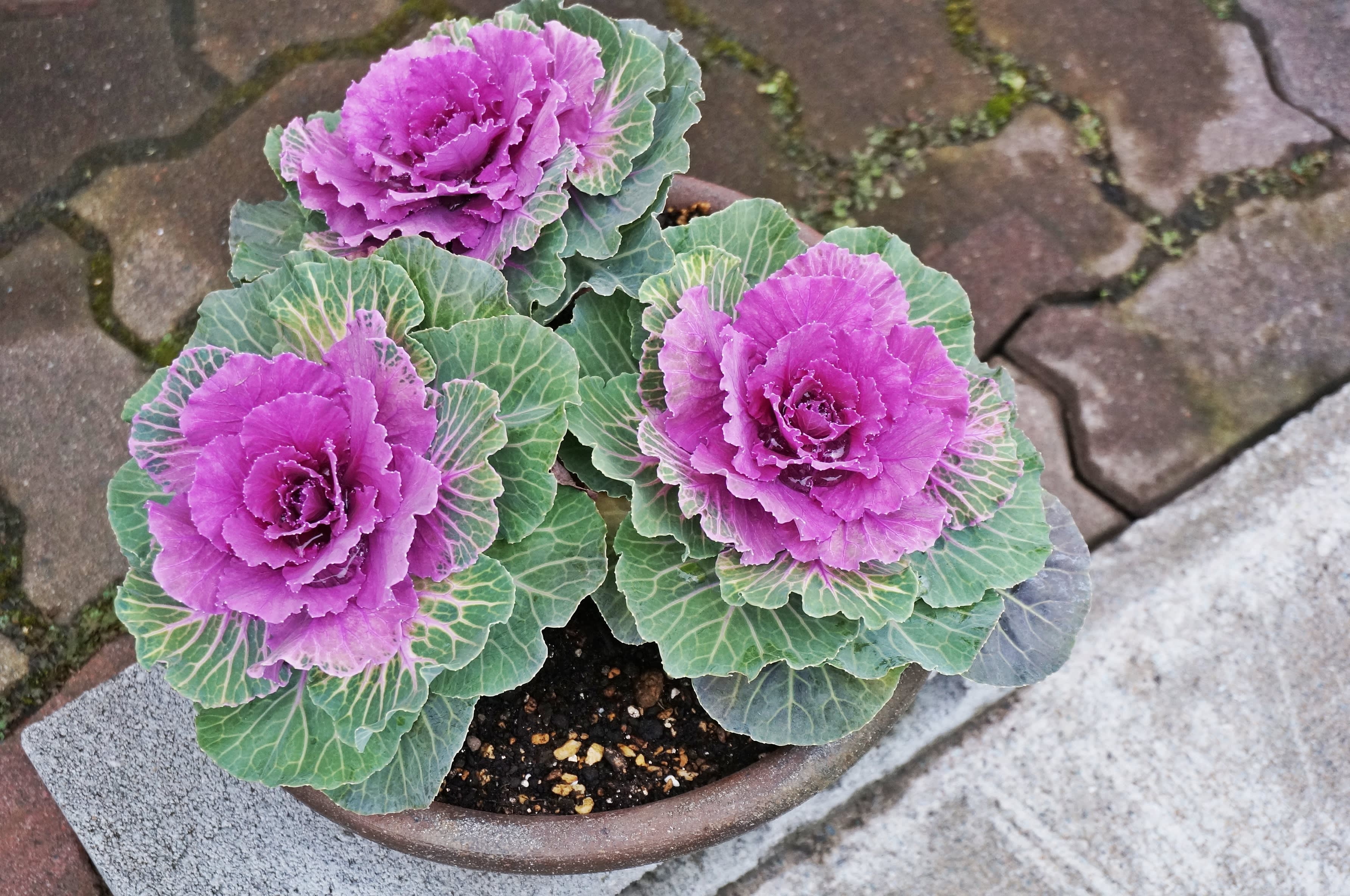
How to Grow Decorative Kale
Growing decorative kale is a rewarding endeavor. Here’s a step-by-step guide that has worked well for me:
1. Choosing the Right Location
Choose a location that receives full sun to partial shade. However, keep in mind that the leaves’ colors often intensify with more sunlight.
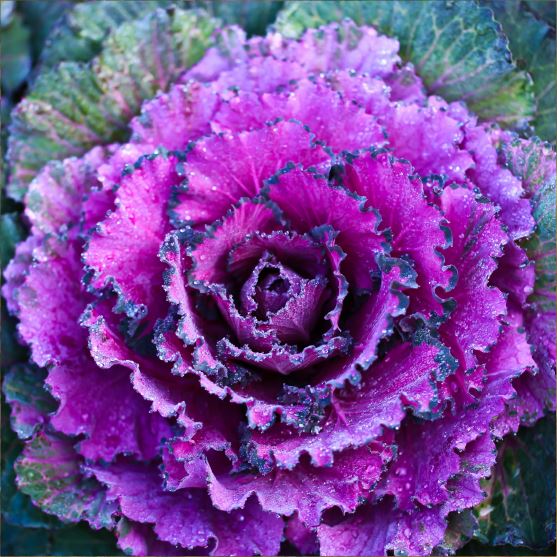
2. Soil Preparation
Decorative kale thrives in well-drained, nutrient-rich soil. A pH level between 6.0 and 7.0 is ideal. Mixing in organic compost will boost fertility.
3. Planting Techniques
Plant seeds directly in the soil or start them indoors about 6-8 weeks before the last frost. Space the seedlings about 12-18 inches apart to allow for their growth.
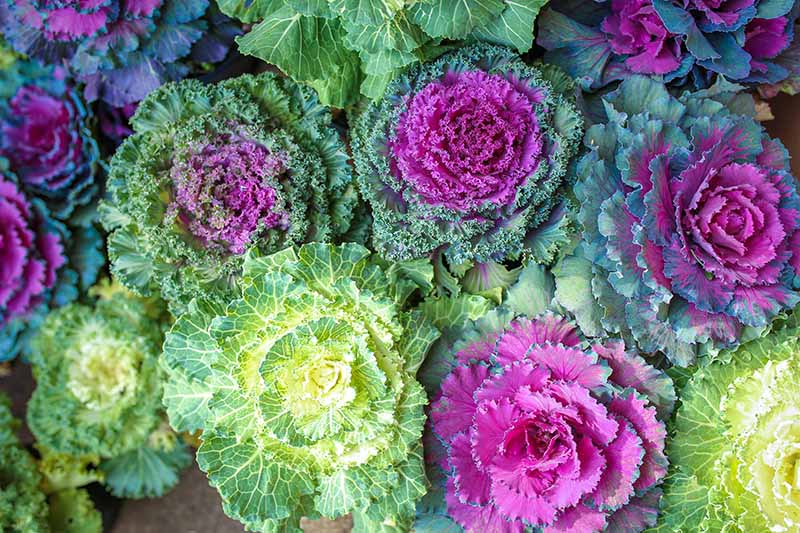
4. Watering Guidelines
Keep the soil consistently moist, especially during dry spells. Avoid waterlogging, as it can lead to root rot.
Care and Maintenance Tips
Once established, decorative kale requires minimal care. Here are crucial maintenance tips:
1. Fertilization
Apply a balanced fertilizer every 4-6 weeks during the growing season to encourage robust growth.
2. Pest Management
Watch out for common pests such as aphids and caterpillars. Handpick pests or use insecticidal soap if necessary.
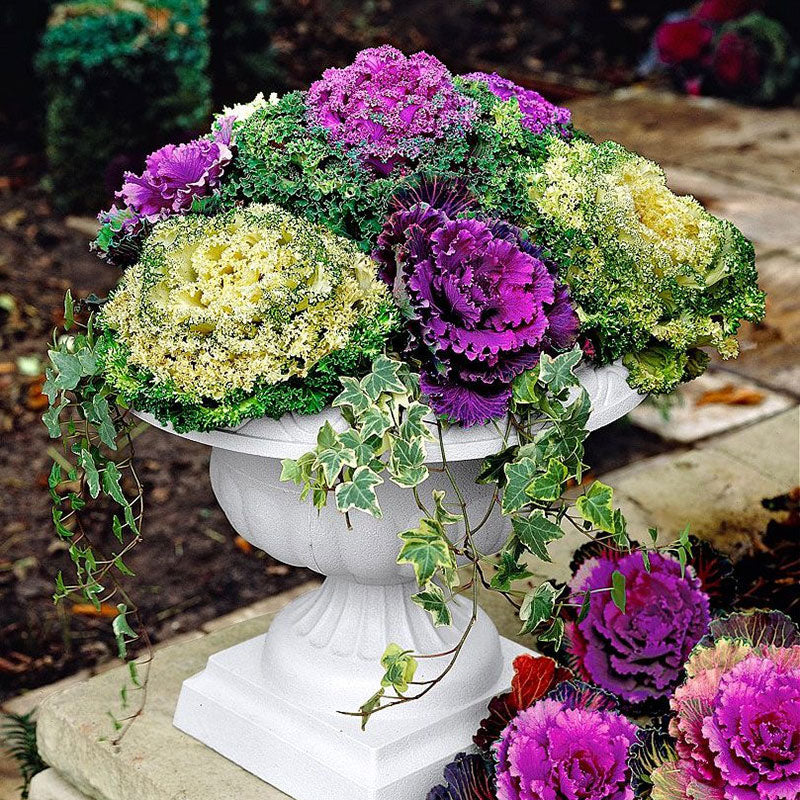
3. Harvesting
If you choose to eat your ornamental kale, harvest the outer leaves first to allow the center to continue growing. Enjoy them fresh in salads or cooked dishes.
Decorative Kale vs. Edible Kale: What’s the Difference?
While both decorative and edible kale belong to the same family, they have distinct differences:
| Feature | Decorative Kale | Edible Kale |
|---|---|---|
| Purpose | Primarily for aesthetics | Meant for consumption |
| Flavor | Bitter when mature | Sweet and flavorful |
| Growth | Ruffled and frilly leaves | Flat or curly leaves |
Designing with Decorative Kale
Incorporating decorative kale into your garden design can transform your outdoor space. Here are some ideas that I’ve personally used:
1. Container Gardens
Combine decorative kale with other seasonal plants in colorful pots for striking container displays.
2. Mixed Borders
Use them alongside perennials and flowering plants to add texture and color contrast in borders.
3. Seasonal Displays
Create seasonal arrangements that change with the seasons, using decorative kale in fall and winter displays.
Common FAQs About Decorative Kale
1. Is decorative kale edible?
Yes, decorative kale is edible, though it tends to be tougher and more bitter than traditional kale varieties. It’s best consumed when young and tender.
2. How long does decorative kale last?
When planted in the right conditions, decorative kale can last through the winter, providing color and texture to your garden.
3. Can I grow decorative kale in containers?
Absolutely! Decorative kale thrives in containers as long as they have sufficient drainage and nutrient-rich soil.
Pros and Cons of Decorative Kale
Pros
- Vibrant colors throughout the winter.
- Low maintenance and easy to grow.
- Versatile in garden design.
- Edible when harvested properly.
Cons
- Bitter taste when mature.
- May attract pests.
- Limited lifespan compared to perennial plants.
Conclusion: Embrace the Beauty of Decorative Kale
Decorative kale plants are a fantastic addition to any garden, offering vibrant colors, low maintenance, and versatility. Whether you’re sprucing up your fall arrangements or wanting a pop of color in winter, these resilient plants can do it all. So why not give them a try? You might find that they become a beloved staple in your gardening journey, just as they have in mine!